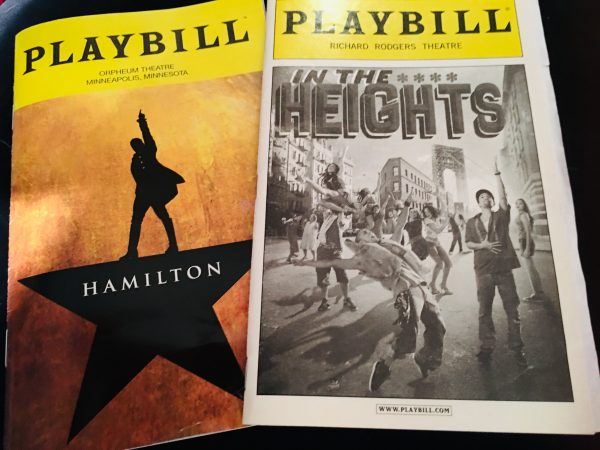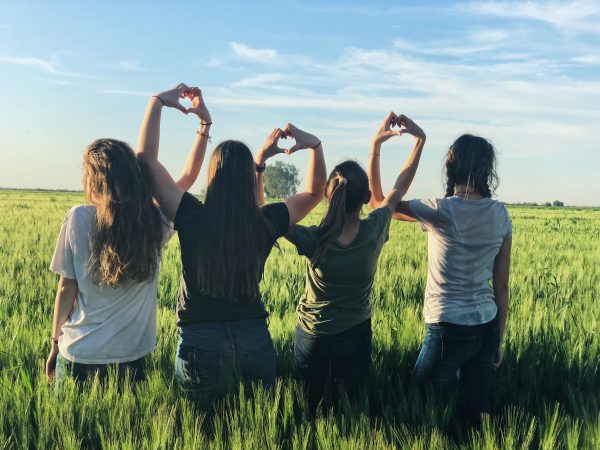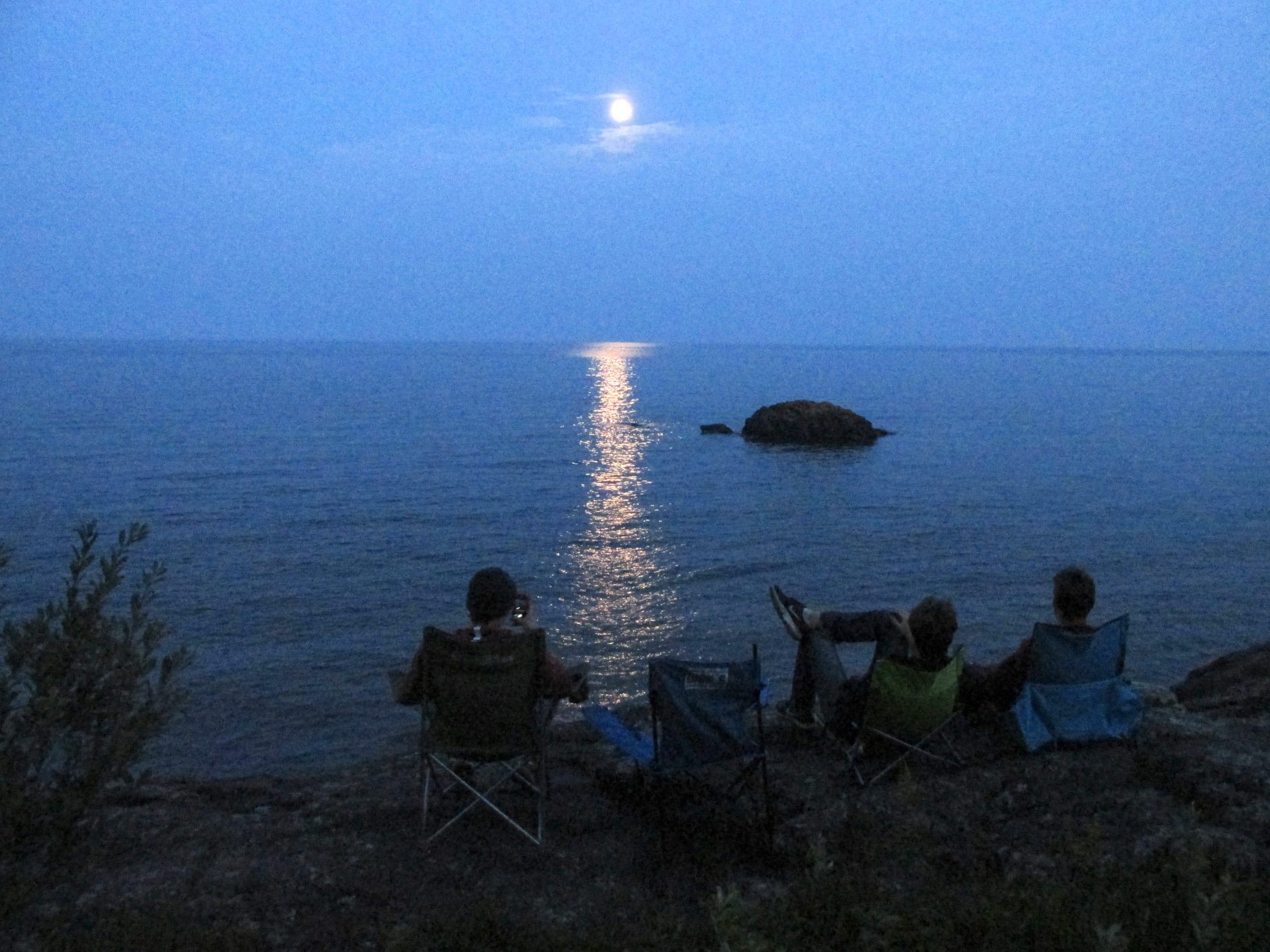There is an opportunity for comedians to save a life in the most vulnerable group of users, just by changing their comedic storyline.
Recently, Dr. Jennifer Ashton, ABC News Chief Medical Correspondent spoke on the morning news, about a spike in marijuana use for college age, young adults, the highest use in three decades. In my son’s case, I know street marijuana is not a safe drug. There can be unknown additives to the drug, and by ingesting it, you can not control the high. But kids do not believe there are real dangers because famous comedians glamorize its use. There is an opportunity for comedians to save a life in the most vulnerable group just by changing their comedic storyline.
I did not think smoking a marijuana joint periodically was harmful. I never did it, but I had a suspicion my son did, or at least his friends. The first time I had a suspension was a year before he died. He had just moved into his new apartment. My son and I drove over together so he could show it to me. He opened the door and then quickly closed it, and said, “Just a moment.” Before he completely shut the door, I could see through the door crack, his roommate getting up from the couch. We waited a minute, and then he opened it up again. His roommate was no longer sitting on the couch. I could tell by the smell he had been smoking marijuana, but I shrugged it off, thinking, it was harmless and I wanted to be positive for my son.
Since starting this blog, people have shared with me, either their struggles with mental illness or those of a loved one, who died by suicide. Many include a connection to marijuana use.
They described its purpose as “self-medicating.” One described himself as being a “stoner” for his prolonged use of smoking marijuana, specifically to slow down his mind, that is a symptom of his attention deficit hyperactivity disorder (ADHD). Another said, “It is a brain-altering drug – affecting my thinking, and intensifying anxious feelings.” Also sharing, “The effects of edibles was like tripping.” This commonality got to me, where I thought there is something here to share.
After my son died, I met with his therapist, whom he saw six months prior. He told her he only smoked socially. She questioned if it was prohibiting his executing functioning since he avoided starting things that would move him along in his life, like looking for a job, academics, or dating. My son told his therapist that it did not affect him.
I recently learned he smoked in college with his friends, on the weekends, before going out. They liked the feeling of being high, and his friend told me, for himself, it helped him relax and forget about the stress of school and life. This use seems harmless, except for my son, with ADHD. Marijuana use by someone with ADHD has more adverse effects than someone with no mental illness.
Marijuana use by someone with ADHD has more adverse effects than someone with no mental illness.
My son was diagnosed with ADHD since childhood and was smoking marijuana every day (said to me by one of his friends) during the last year. He had ingested a homemade brownie laced with marijuana, earlier in the day before he took his life. I found out later that baking these brownies with his friends was common. It was meant to be a fun social thing. I found a video on his computer, made a couple of years ago, of him with two of his friends, making marijuana brownies, laughing, and having a good time.
One responder to my blog shared, “With ADHD sometimes your mind feels like it’s going 100 MPH and marijuana slows it way down. Medication does the same, but it is not as enjoyable.”
There is more mental health professions need to do to warn patients taking recreational marijuana, because even though the user may have read about it, it is different when hearing it directly from a trusted medical professional, in an influencing manner. Regardless if the patient says there are only smoking socially, mental illness and street drugs do not mix, and medical professionals need to tell them about the perils.
By making this blanket statement about the ill effects of recreational marijuana, the young, educated adults, who are smart, may challenge me on this. They grew up watching comedians and celebrities that present the marijuana experience as fun and harmless.
There is research results on the effects of marijuana use.
My therapist and National Alliance on Mental Illness (NAMI) have been helpful in providing me with research articles on the effects of marijuana use for someone with ADHD.
- People with ADHD may have trouble with academics, socially, and in normal development. Marijuana worsens the ability to conduct executive functioning(to organize cognitive processes like planning ahead, prioritizing, stopping and starting activities, shifting from one activity to another and monitoring one’s behavior), (understood.org, 2018).
- Marijuana for some can increase anxiety, including paranoia. Street marijuana is usually stronger than medical marijuana as it may contain other chemicals (understood.org, 2018).
- Young adults may use marijuana in an attempt to self-medicate, forgoing prescribed medication, due to their negative side effects (DeMaria, 2016).
- Young adults who do take their prescribed medication to treat ADHD may use marijuana to temper anxiety and insomnia side effects that commonly come with the prescribed medication (DeMaria, 2016).
- The is a high correlation for those with ADHD to also have other psychiatric disorders such as anxiety or depression, which have links to suicide. Young adults may use marijuana to self-medicate to reduce the symptoms from the other disorders (DeMaria, 2016).
- “Childhood ADHD has a risk factor for subsequent substance abuse problems, which carry significant mortality(risks),” (Soreff, Xiong, 2018).
- ADHD is not an isolated psychiatric disorder, according to research, “An estimated 9% of children between ages 3–17 have ADHD. While ADHD is usually diagnosed in childhood, it does not only affect children. An estimated 4% of adults have ADHD” (nami.org 2018).
The Comedic's Storyline of Pot to Solve Problems
My son followed Joe Rogan, who is a comedian. He has a new Netflix special, Strange Times. Rogan is funny, covering current topics in a raw fashion, without sensitivity. He would not be my first choice to watch as I prefer the cleaner comedians like Jerry Seinfeld, which my son also liked. Rogan talks about “pot” in this new special, as he normally does in his specials. I visualized the story he was telling, of teenage boys or young adults, being together, smoking.
“ It is a confusing time for teenage boys.” I would also add young adults. “Everyone is asking, “What are you going to do for a living, your almost a man?” Rogan, continues, adding the narrative from the boys’ perceptions, “Adults are chasing material possessions, doing things they hate, stuck in a rut. You do not want that kind of life. How do you get out of that? Stick with your friends, figure it out, unwind, smoke some weed.”
I can visualize this conversation because my son shared with me how he did not want what my life brought, where I worked hard at a salaried job, many times long hours, with my work just being a job, and not a passion. He told me, there was more to life than possessions. He never asked for “the latest” of anything.
Change the perception of recreational marijuana use from “normal” to a cautionary tale, because it does not mix with people who have psychiatric disorders that are linked to suicide.
I bring Rogan into this topic, because celebrities, particularly comedians, have a mechanism to reach the young male audience, to change the perception of recreational marijuana use from “normal” to a cautionary tale, because it does not mix with people who have psychiatric disorders that are linked to suicide. It could make a difference. It could save a life.
- Nearly 1 in 25 (10 million) adults in America live with a serious mental illness (nami.org).
- Suicide is the 2nd leading cause of death in the world for those aged 15-24 years (SAVE.org).
- Males account for 70% of all suicides (afsp.org).
REFERENCES
DeMaria, Peter A. “Cannabis Use Disorders and ADHD: Journal of Addiction Medicine.” LWW, Oxford University Press, Jan. 2016, <journals.lww.com/journaladdictionmedicine/Citation/2016/02000/Cannabis_Use_Disorders_and_ADHD.12.aspx>.
NAMI. “ADHD.” NAMI: National Alliance on Mental Illness, 0AD, viewed on 07, September 2018. Retrieved from <www.nami.org/Learn-More/Mental-Health-Conditions/ADHD>.
Rogan, Joe, Director: Anthony Giordano. “Joe Rogan: Strange Times.” Netflix Official Site, 2 Oct. 2018, <www.netflix.com/title/80215419>.
Soreff, Stephen, and Glen Xiong. “Attention Deficit Hyperactivity Disorder (ADHD): Background, Pathophysiology, Epidemiology.” <MedScape, 17 Sept. 2018, emedicine.medscape.com/article/289350-overview#a6>.
The Understood Team, understood.org 2018, Experts Weigh In: Marijuana and ADHD, viewed 7 October 2018. Retrieved from <https://www.understood.org/en/learning-attention-issues/child-learning-disabilities/add-adhd/marijuana-and-adhd>.
Last November, season tickets went on sale for the 2018-2019 Broadway shows, coming to our city. The season included the coveted Hamilton. The season tickets go on sale before the season starts. Then, a couple of months beforehand, they put individual tickets on sale. Due to unprecedented response, subscriptions for the season tickets sold out in the same day. Actually, it crashed their system in the morning for several hours. My husband was at work, on his computer, notebook, and phone. I was on my computer and cell phone, for hours, listening to the automated “hold” music and hitting refresh on my computer, while engaged at work.
After three hours he finally got an operator, who said she would call him back. We needed four tickets, all together, balcony, in the front. In the meantime, in case the ticket agent did not call back, he was able to secure 2 sets of two, and so did I. The sales agent called my husband back with 4 tickets, all together. Now we had a lot of money on tickets, fortunately, we were able to return the other season tickets.
Our adult children were excited. They loved Broadway. They became hooked when we took them to New York City for Christmas of 2010. My son was in high school and my daughter in grade school. We saw In the Heights. A musical with music and lyrics by Lin-Manuel Miranda (who also wrote the music, lyrics, and story, for Hamilton). In the Heights was nominated for 13 Tony Awards, and received four, including Best Musical. Lin-Manuel Miranda also received the Tony for the Best Performance by a Leading Actor in a Musical for his role as Usnavi (In the Heights’ protagonist).
Our children, as adults now, shared how fortunate they were to have seen such a great piece of art, in acting, choreography, and music, and the guy (Lin-Manuel Miranda), who is now renowned famous.
My son was very happy we secured the season tickets. My daughter, her college friend, and my son stood around the island in the kitchen talking about what a great season it will be when we get to see Hamilton as well as several other big hits.
I am sure you all know that Hamilton is a hip-hop based musical about Alexander Hamilton, a “founding father” of the United States of America. Most of the lyrics are sung fast, so we all did our homework beforehand, listening to the soundtrack, watching the PBS special on the making of Hamilton, Hamilton’s America(2016). and read the story. We knew what was coming, the death of Hamilton’s son, and the post-song, “It’s Quiet Uptown”, describing the unimaginable. It is different, seeing it in person; the actors on stage take you in and make it real, as it if were truly happening; you are feeling their pain. My daughter and I lost control of our emotions, and the tears poured out. It is also emotional when Hamilton is shot and dies.
We walked out of the theater in silence. My son’s friend took his place, who is a hip-hop artist. He wrote a song which he performed at my son’s funeral. He graciously thanked us and we parted ways with a hug. Driving home, the three of us were all off: short with each other. We each were missing him, our son, her brother.
My son loved music and most genres. He had three plays list on Spotify, which contained 50 hours of rap music. I never cared much for rap music, mostly because of the explicit language and references to drugs. Going through his computer, I found he also had music on an additional streaming service, Soundcloud. There was a single playlist, titled, “Favorites.” It is hip-hop/rap music, containing 24 songs posted a year ago. It includes artists like “Chance the Rapper” (given name, ChancelorJonathan Bennett), Snoop Dogg, The Americanos, Kidswaste, Towkio, and a few others. The music in this playlist is uplifting, and there are some references to Christian theology and struggles with faith. I learned that each of these songs has a story. I looked up some of the lyrics to understand them. The song, “Somewhere in Paradise” I think, references “tripping” which may be a reference to psychedelics, but it is relatable and spiritual.
The refrain includes the lyrics:
“I believe that if I fly, prollyend up somewhere in paradise
I believe that if I fly, I’ll prollyend up somewhere in paradise
I believe,I believe, there’s somewhere out there for us all
There’s a paradise (there is a paradise)
I believe that if I die, I’ll see my homies somewhere in paradise
(I’ll see ’em somewhere in paradise)” (Chance the Rapper, Jeremih, R. Kelly, 2015).
I hope my son is in paradise, and he is with his “homie.” That is what I need to believe.
We have four tickets to Dear Evan Hansen, a musical about mental illness and youth suicide. The musical won six Tony Awards, including Best Musical. It comes to town June 2019. That gives us some time to decide if we will attend, listen to the music, and prepare ourselves.
REFERENCES
Chance the Rapper, Jeremih, R. Kelly, Somewhere in Paradise, single, 2015, Spotify, <https://open.spotify.com/track/29BXCsh4lGLrndprkgYL6O?si=I9kkR9IqT9OWFYGTBb2C7w>.
Five months ago, the life I knew left me, along with my son. He was the most beautiful, infectious, consistently warm, kind, pleasant person, and he was a genuine friend who cared. He should not have died. It was a bad day, things fell through, and he was alone. No one would have thought this was possible. Later we learned he was self-medicating with marijuana. Reflecting, we know there were signs, individually noticed. We just did not put them together.
I now write a blog to express what I am feeling and experiencing on this new journey. Maybe what I put down into words will resonate with other parents who have lost a child to suicide.
My therapist gives me assignments, ‘so to speak.’ She wants me to do something for myself each week. She gave examples like getting a massage, going to yoga, having lunch with a friend. My good thing each week is to attend a suicide survivors support group.
A brochure came in the mail shortly after my son died. I wondered how did the sender know; did this come from a friend, the funeral home, the police? I put the envelope away in a box for over two months. Then one day I pulled it out. My current therapist was no longer meeting my needs, and I was looking for someone who dealt with suicide. The support organization included referral services. It turned out, the referral was not a good fit for me, but through it, I learned of other services–ongoing services that connected me with others just like myself.
At first, I was not ready to hear other people’s stories. They were so vivid and traumatic. I soon got past that and realized I needed this group because they were like me. No one really understands unless one is in the same situation. I now go almost every week as a part of my therapy. People are in different stages of their journey. For some it has been years since they lost their loved one, others less than a year. Listening and sharing with others regardless of their stage is helpful.
I learned from them I am not crazy for feeling the way I do at the different stages. They have given me permission to say, “no” to certain obligations that really do not matter in the big picture, because I just am not ready. They ask, “How was your week?” and, “Do you have any milestones or events coming up that may be difficult?”
I am sharing my support group resource with you. If you are affected by the loss of someone to suicide, whether a friend or family member, think about finding a support group for yourself or a loved one.
Another thing I appreciate is that I, too, can be there for someone else, even, at a time when I wonder why I should get out of bed.
I know this is life changing, losing my son, and I will never be the same, but, one day, I will learn how to live in this new life, just like others have in my support group.
I am sharing my support group resource with you. If you are affected by the loss of someone to suicide, whether a friend or family member, think about finding a support group for yourself or a loved one.



